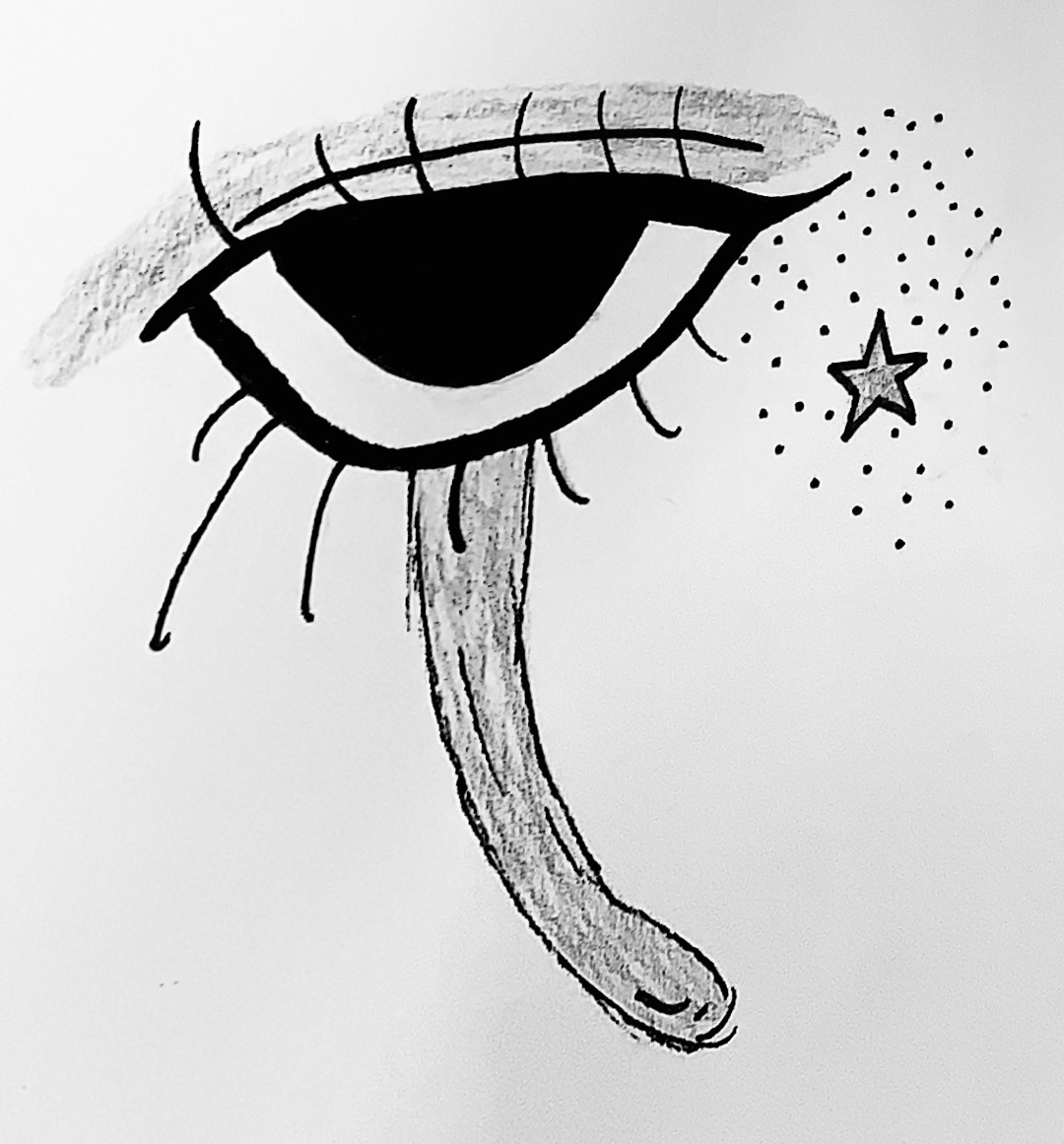Over the summer, director and producer Sam Levinson brought his loose adaptation of the Israeli teen drama Euphoria to HBO. The show stars Zendaya as Rue Bennett, who narrates the daily lives of her moral-bending schoolmates while tripping down house party hallways on whatever substance she can find. Levinson’s unique yet shocking writing along with Zendaya’s campy and raw performance make for a gorgeously constructed first installment of eight episodes. Levinson coats the series in neon lighting, surreal Coachella-like makeup, and a carnival of cinematography feats. Euphoria is not geared only to teens, but to a spectrum of audiences, including worried parents.
The cast is stellar, showcasing a mix of experienced actors and naturally talented newcomers. Hunter Schafer, in her debut acting role, plays Jules Vaughn, a transgender girl shaken by her parent’s recent divorce. As one of the most provocative of Levinson’s collection of characters, Jules has a knack for self-sabotage but also manages to make her actions seem grand and flawless. Episode four reveals Jules’ past of self-harm and parental neglect. Her gender identity is not a focus of her anguished backstory. It is rare for sexuality and gender identity in cinema and television to be conveyed as a mere character trait rather than a central plotline. Jules is an LGBT+ character that is defined by more than her gender. Episode one shows Jules in front of her bedroom mirror, injecting hormones as nonchalantly as if she is making an outfit change. Her gender is not dramatized, but rather another piece of her multi-faceted personality.
From a visual standpoint, Euphoria is stunning. In every episode, each scene drifts between a gloomy storm cloud of reality and the extremist nostalgia of ‘90s MTV pop music videos. In episode one, main character Rue takes an unknown substance at a high school rager, and her mind quickly begins to unravel. The hallway literally begins to spin, with Rue unable to hold her balance as the ceiling falls under her feet and party goers stand upside down above her head. For the scene to be accomplished, a spinning hallway had to be constructed, with an entrance for the camera to follow Rue down the hallway and partygoer extras strapped to the spinning floor. The scene seemed like something out of Christopher Nolan’s Inception.
Sam Levinson concocted a cinematographic masterpiece with an everyday grounded tale about what teenagers get up to after dark. Euphoria is shocking, voyeuristic, and controversial, but it’s one of the rare instances where teens having sex and dropping molly on screen seems less taboo and more of a psychological autopsy of the modern teen generation. Levinson is not pushing an obligation of fear onto the audience but allows viewers to form their own opinions. Yes, viewers should be shocked and disgusted. This is not a lighthearted show. It encourages examination, critique, and conversation. Euphoria is a balance between an intellectual conversation on modern culture and a pleasing example of the ever-evolving subgenre of teen dramas. Euphoria is a comedy, a romance, a coming-of-age tale, and at moments a horror show. It shouldn’t be taken too lightly or too seriously. Euphoria should be taken as it is: a seemingly simple yet complex array of individual stories and perspectives.

